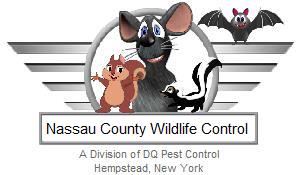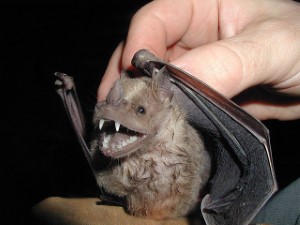NASSAU COUNTY WILDLIFE CONTROL - NEWS
More than a dozen people were treated for rabies after a Long Island woman brought a baby raccoon into her Nassau County home and showed it to friends, creating "the largest rabies exposure case" in Nassau County.
A woman who resides in Nassau County found a raccoon pup on her property and took the wild animal into her home after she believed the baby had been abandoned by its mother. The baby raccoon was handled by more than a dozen of her friends, who had come to her home to see the pup.
The case was brought to the Nassau County Department of Health after the woman who found the raccoon pup on her premises contacted a wildlife control service hoping they would take the animal. Unable to take the raccoon, the nuisance wildlife removal service contacted the Nassau County Department of Health. The health department then contacted the woman to inquire about testing the baby raccoon for the rabies virus. Rabies is a deadly viral zoonotic disease that is spread through the saliva of an infected animal. Rabies affects the central nervous system, causing swelling of the brain and spinal cord. The raccoon pup tested positive for rabies, and all of the people exposed to the raccoon have begun rabies treatment.
Rabies Prevention Tips
To prevent the exposure to rabies, the Nassau County Department of Health suggests:
1) Leave wild animals alone. Baby wild animals often appear to be orphaned when they are not. The mother may not return for her young in the presence of people.
2) Don't touch, handle or feed wildlife and be cautious of stray dogs and feral cats.
3) Have domestic animals vaccinated for the rabies virus.









